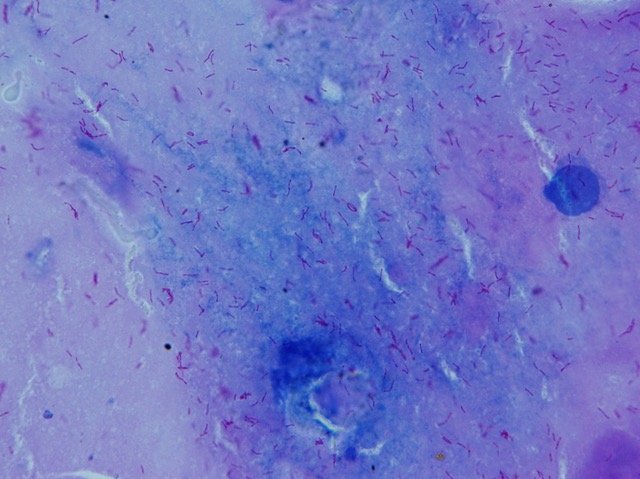
U.S.-Japan Cooperative Medical Sciences Program
Mycobacterial Diseases Division
The U.S.-Japan Cooperative Medical Sciences Program (USJCMSP) was established in 1965, following a joint communiqué by then-Prime Minister Eisaku Sato and then-U.S. President Lyndon Johnson, with the objective of combating the spread of diseases in Asia through collaborative efforts between the United States and Japan.
In its initial stages, the program addressed tuberculosis, leprosy, cholera, viral diseases, and parasitic infections. Research panels were organized for each illness, convening specialized meetings with locations alternating between the United States and Japan. Some panels have adapted over time to address evolving health needs.
As of December 2023, the program encompasses ten panels , including Acquired Immunodeficiency Syndrome (AIDS), Acute Respiratory Infections, Cholera and Other Enteric Bacterial Infections, Cancer, Hepatitis, Immunology, Nutrition and Metabolism, Parasitic Diseases, Viral Diseases, and Mycobacteria. These panels continue to engage in collaborative research efforts.
